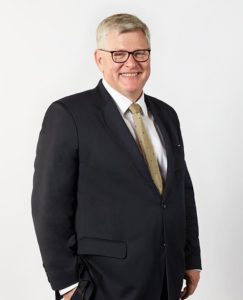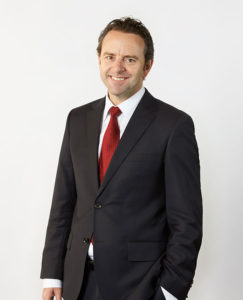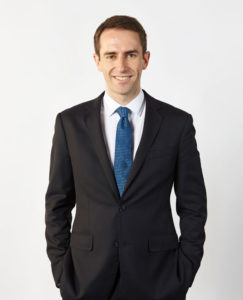Peter Dunning KC, Matt Karam and Henry Cooper (appearing with Kris Byrne and Dominic Fawcett) recently appeared for the successful defendant, Mineralogy Pty Ltd, in a commercial dispute in the Supreme Court of Western Australia that proceeded across 33 hearing days.
The case was fought between the proponents of a large magnetite ore mining project conducted upon tenements owned by Mineralogy and leased to the plaintiffs in the Pilbara region of Western Australia. The project has been carried on since around 2008, and has involved an estimated capital expenditure by the plaintiffs of around $12 billion.
The plaintiffs sought relief compelling Mineralogy to take certain steps ostensibly to ensure the continuation of the project, including by submitting proposals prepared by the plaintiffs to the Minister under the applicable State Agreement, and granting additional tenement areas to the plaintiffs for no additional consideration, on the asserted basis that tenure over those areas was “reasonably required” for the continuation of the project. In response to Mineralogy’s refusal to take the steps sought, in 2018 the plaintiffs brought claims in contract, under the Australian Consumer Law, and in estoppel.
Following a lengthy and complex trial involving a voluminous documentary record, the Court (Martin J) delivered a judgment spanning some 637 pages (excluding annexures) accepting Mineralogy’s position that there was no implied or express contractual obligation binding it to provide the plaintiffs with the additional tenure areas sought.
The Court confirmed that Mineralogy is not required to subordinate its own commercial interests by providing further land to the plaintiffs for no additional consideration. Mineralogy is required to negotiate with the plaintiffs in good faith over requests for additional tenure where it is shown that those areas are “necessary, essential or critical” for the continuation of the project, but the evidence adduced by the plaintiffs did not meet that high standard. The plaintiffs’ additional claims under the ACL and in estoppel also failed.
The defendant’s counsel were instructed by Robinson Nielsen. The plaintiffs were represented by three senior counsel and three junior counsel, who were instructed by Herbert Smith Freehills.


